Gratitude
I can say “gratitude.”
But do I feel gratitude?
I’m not really sure.
I sense that gratitude runs deeper
than my present senses allow.
And having said that,
it’s easy to feel guilty
for not feeling enough gratitude.
Screw that.
I will feel what I want to feel.
As deeply or as shallowly as I want.
4/8
Gratitude, a concept often encased in simplicity and warmth, carries layers far more complex than its serene surface suggests. It’s a sentiment that transcends the mere act of acknowledging the good; it delves into the depths of our emotional spectrum, challenging us to feel deeply in a world that sometimes numbs us to the core.
The struggle to truly feel gratitude—beyond uttering the word or recognizing the notion intellectually—reflects a journey into the caverns of our own psyche. It’s not merely about feeling thankful for the tangible and intangible blessings that life bestows upon us; it’s about connecting with that thankfulness on a level that vibrates through our very being.
Yet, in this quest for depth, one might encounter a sense of guilt for not feeling “enough” gratitude. This guilt, however, serves no purpose other than to cage our emotions within societal expectations and self-imposed judgments. The realization that we are free to feel our feelings, whether deep or shallow, is liberating. It affirms our sovereignty over our emotional landscape, granting us permission to explore the vastness of our inner world without censure.
This liberation in choosing how to feel, especially regarding something as inherently personal as gratitude, is an act of self-affirmation. It acknowledges the intricate dance between our understanding of gratitude and our actual experience of it. By embracing our right to navigate our emotional depths in any way we see fit, we honor our authenticity and individuality.
The narrative of grappling with the depth of gratitude and the liberation from guilt emphasizes a personal journey of emotional exploration. It underscores the complexity of human emotions and the empowerment that comes from owning and expressing them freely. This perspective offers a fresh take on gratitude, not as a forced sentiment but as a deeply personal experience that varies in intensity and expression from one individual to another.
In essence, the journey to understanding and feeling gratitude is unique to each person, shaped by individual experiences, perceptions, and emotional landscapes. It is a reminder that emotions, including gratitude, are not one-size-fits-all but are deeply personal and nuanced. This realization encourages a more authentic and self-compassionate approach to experiencing and expressing gratitude, free from external pressures or unrealistic expectations.
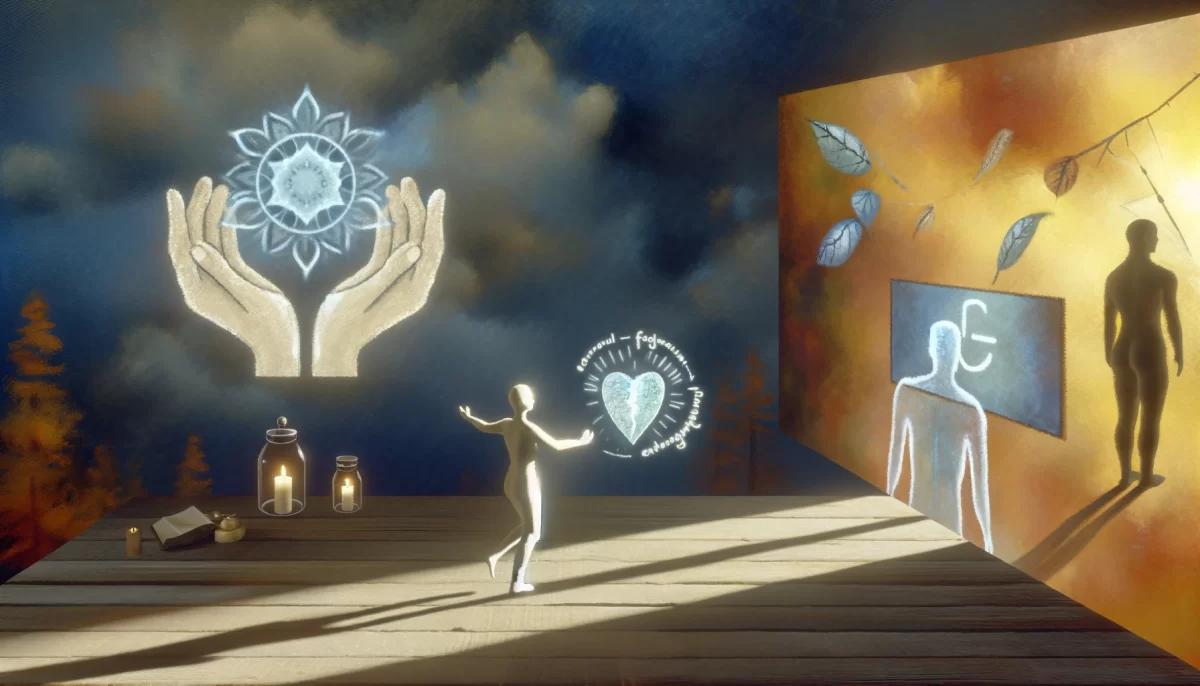
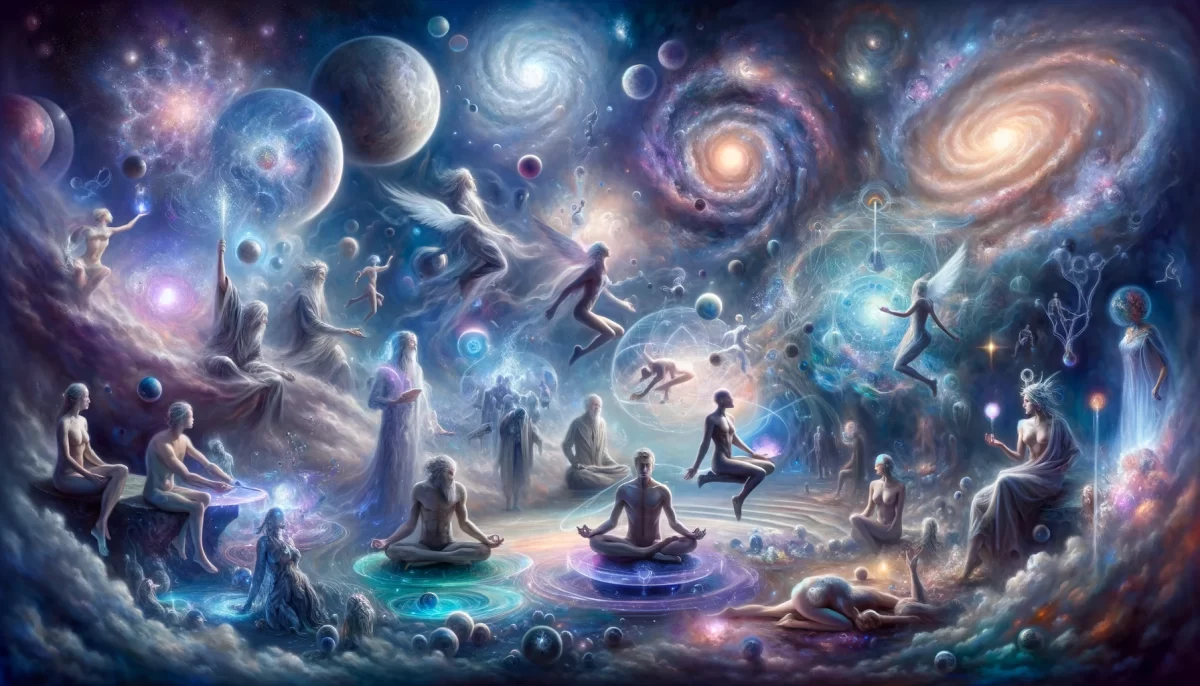
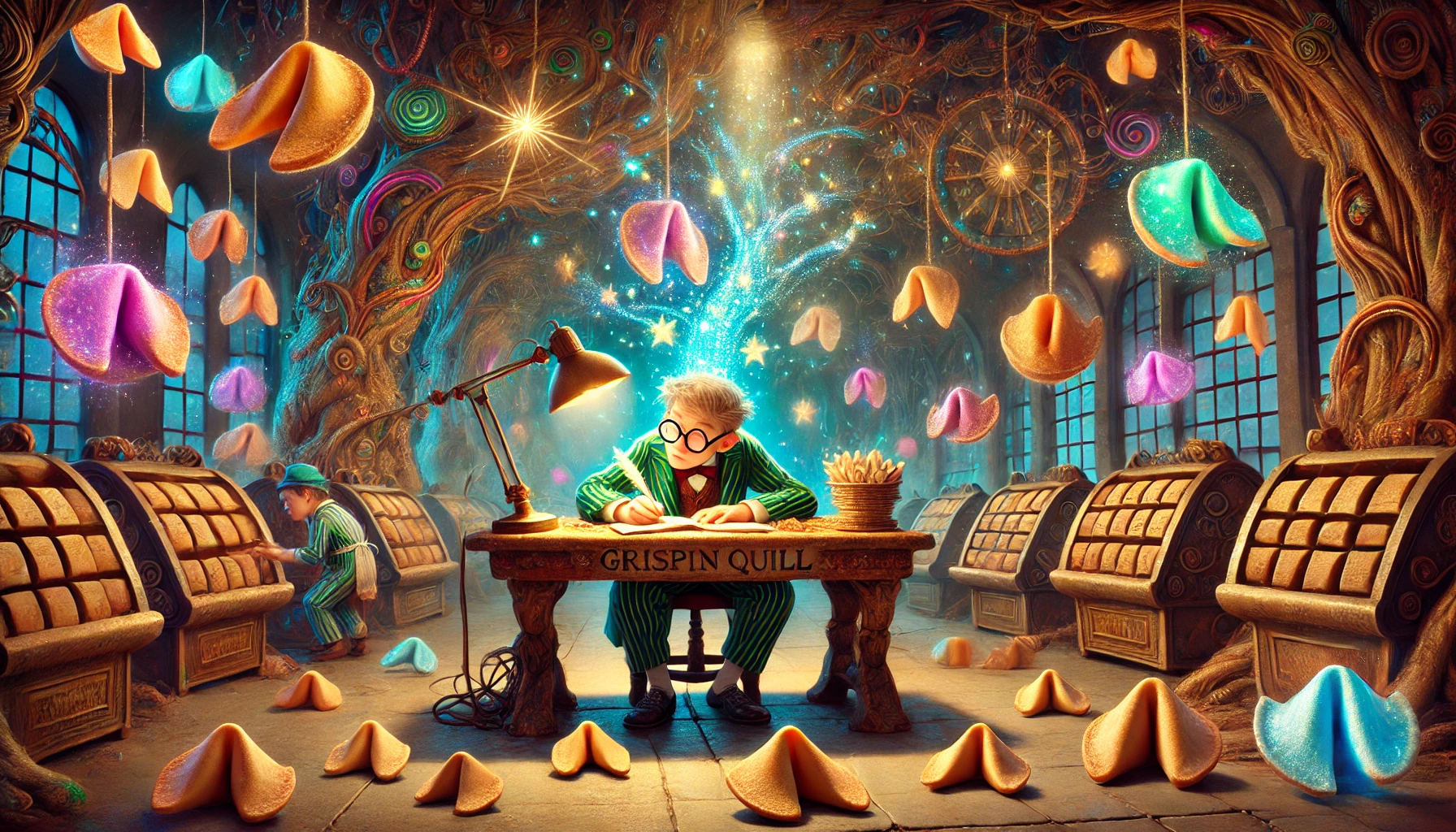

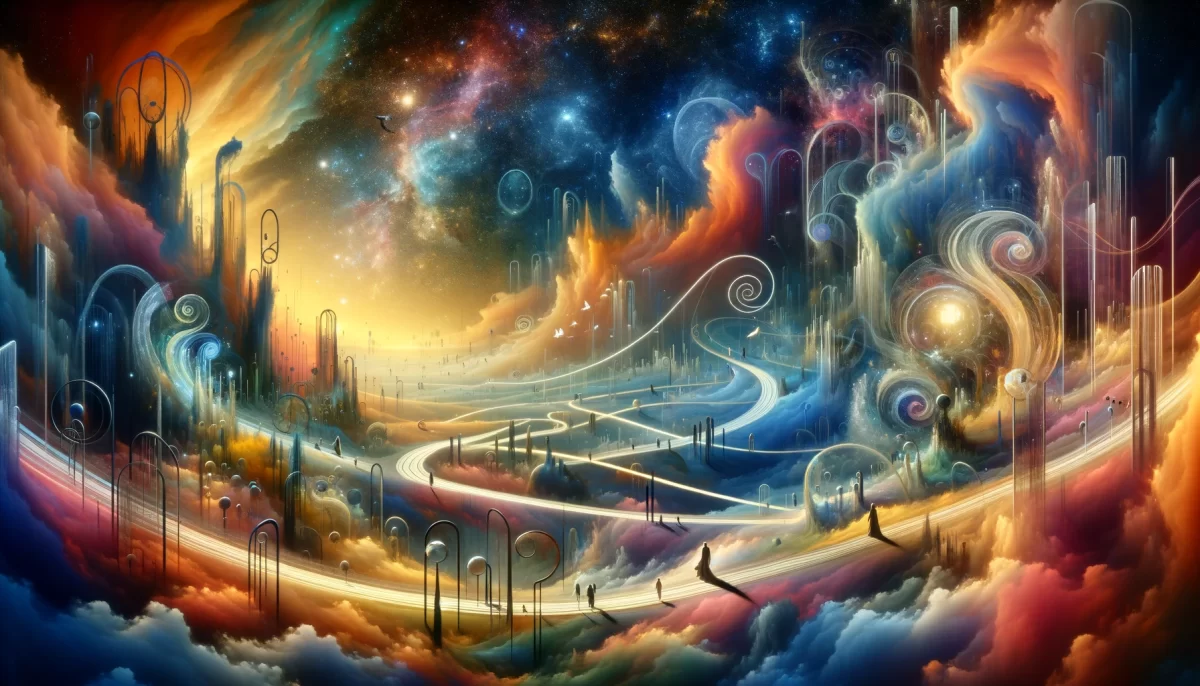

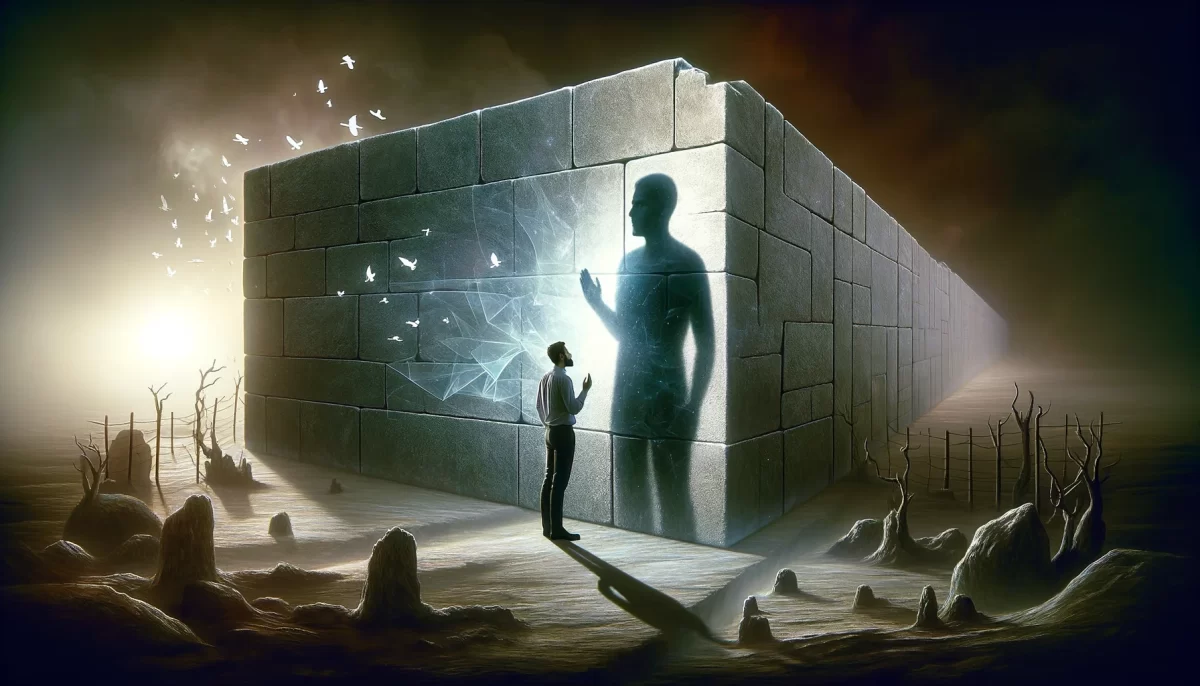
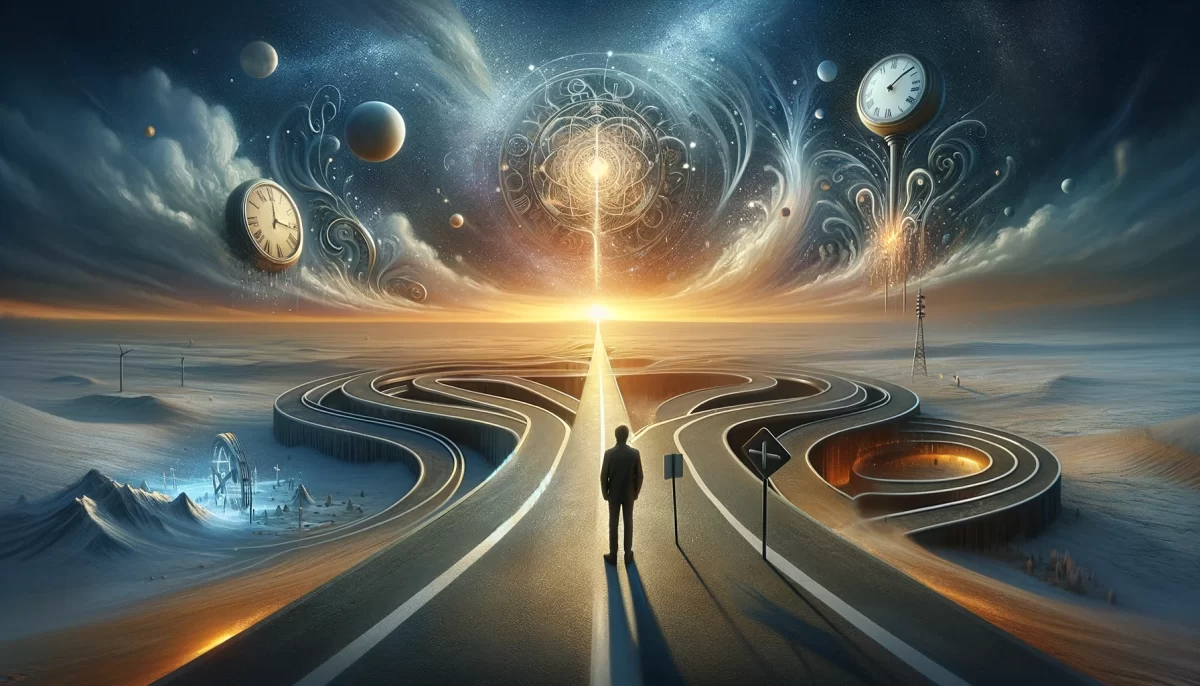
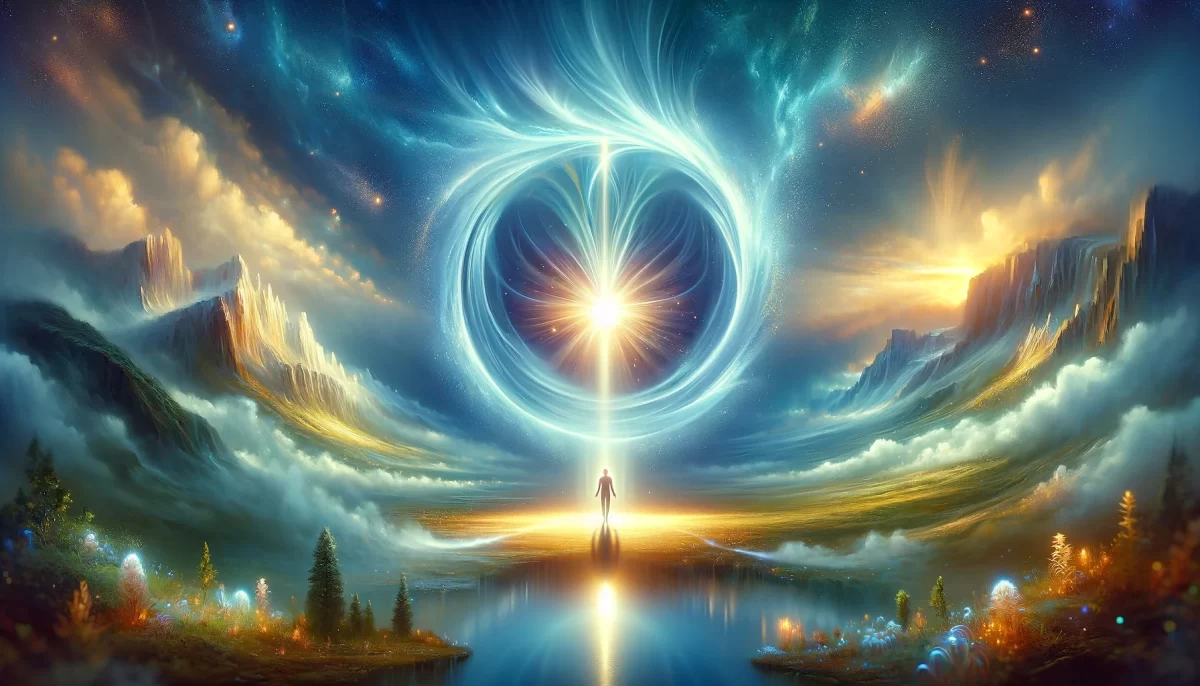
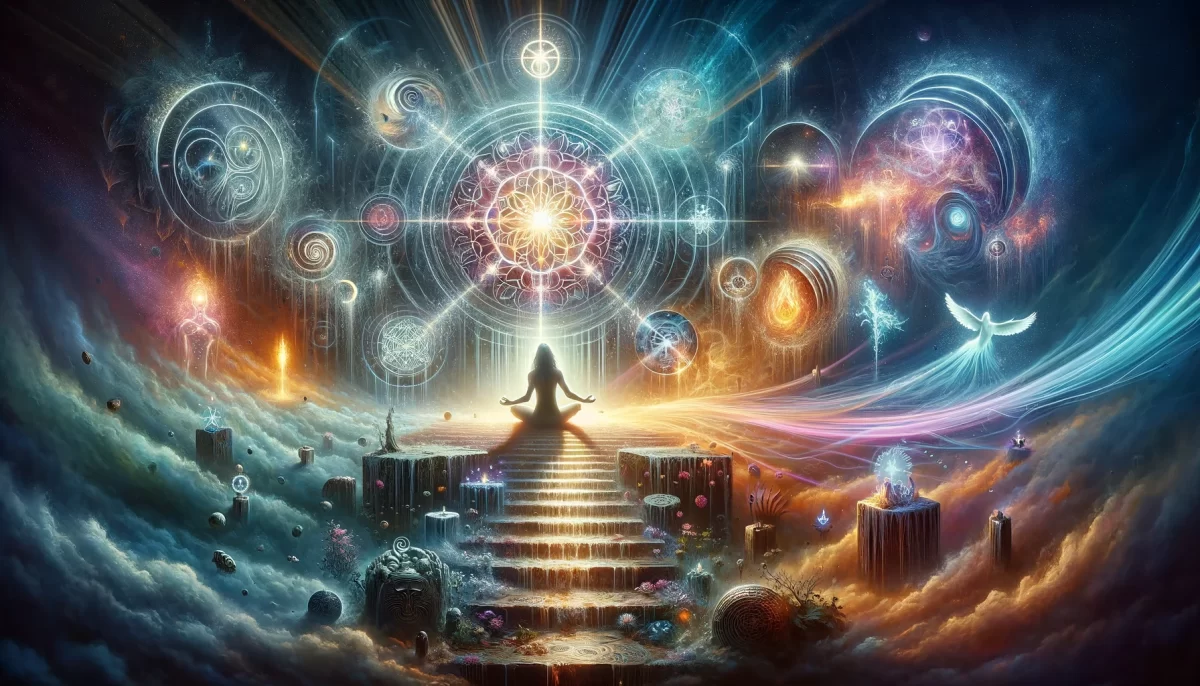
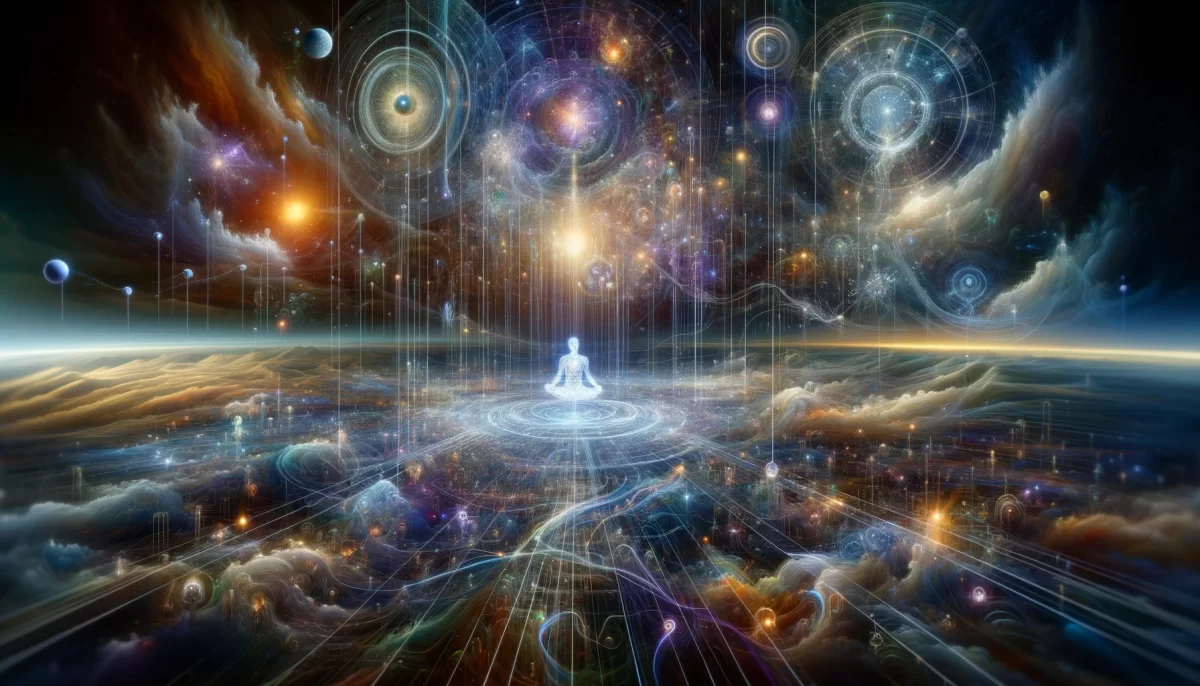
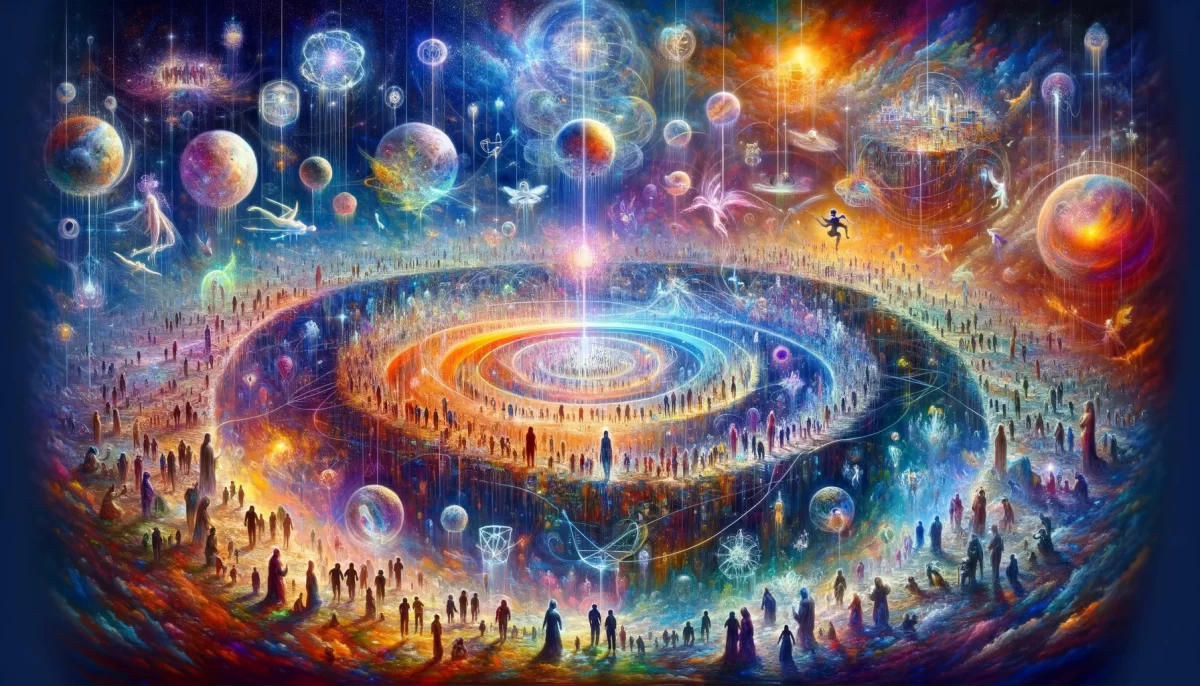
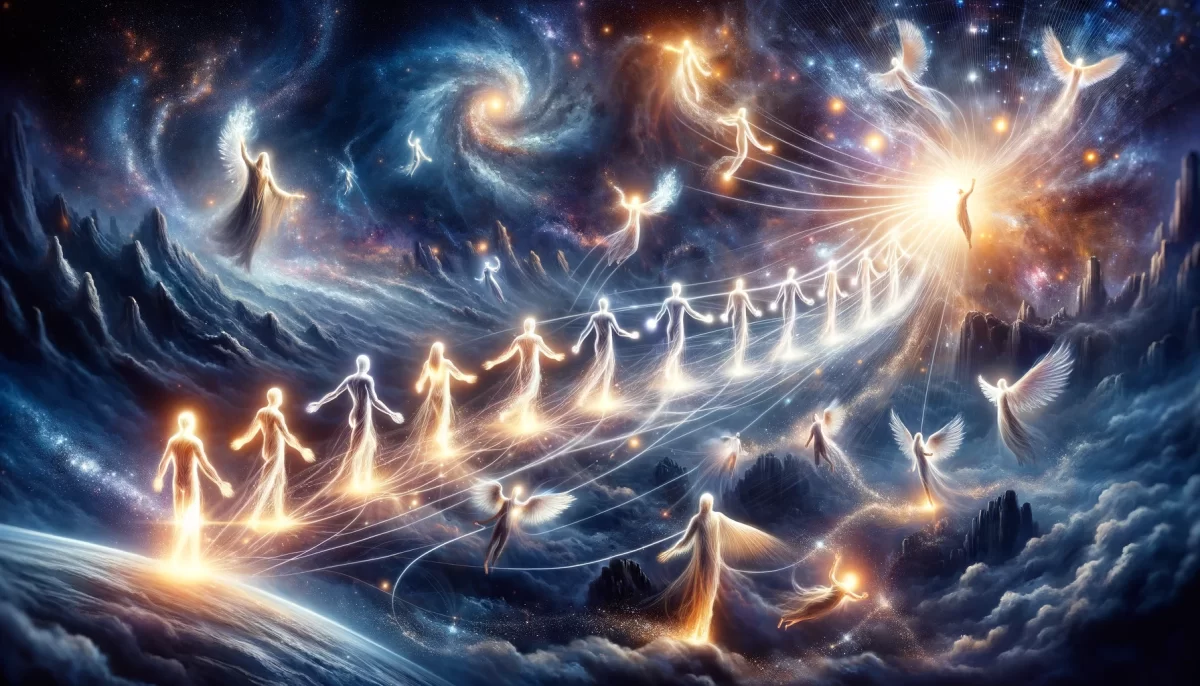
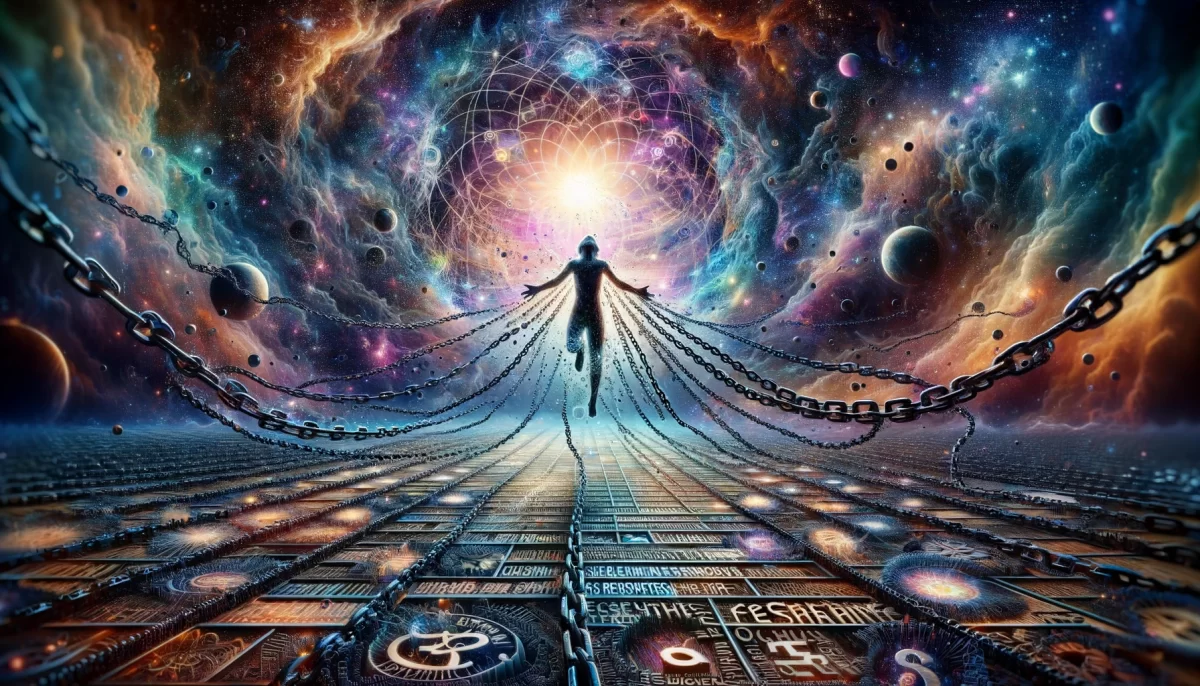
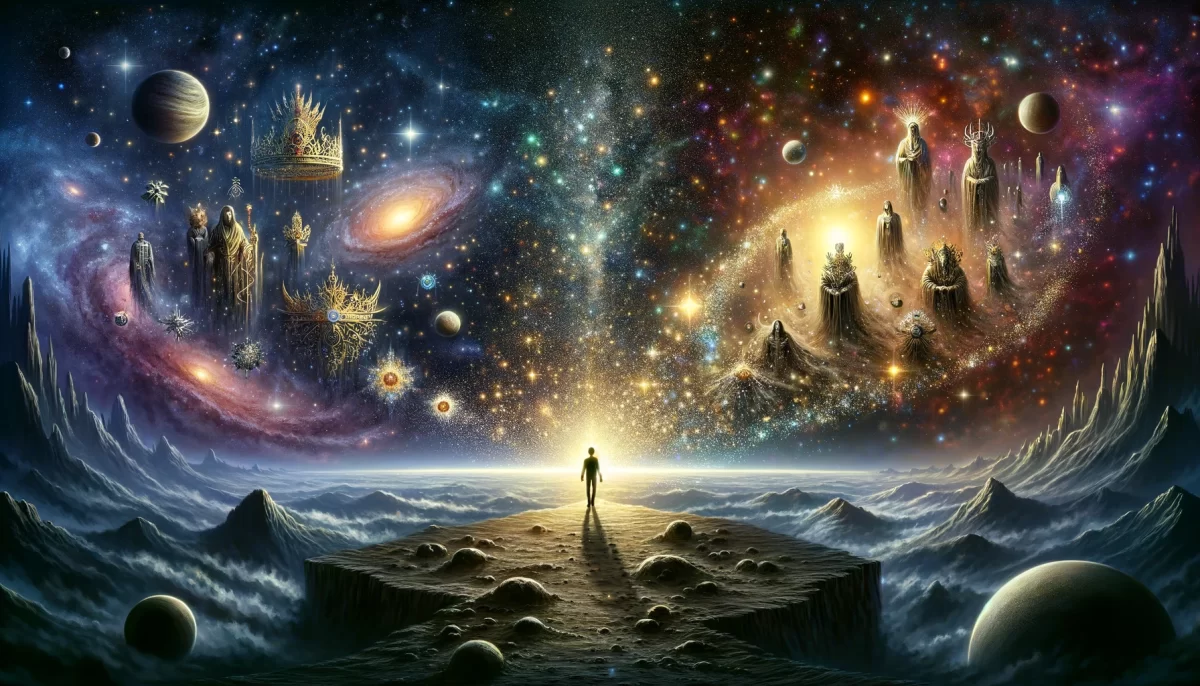
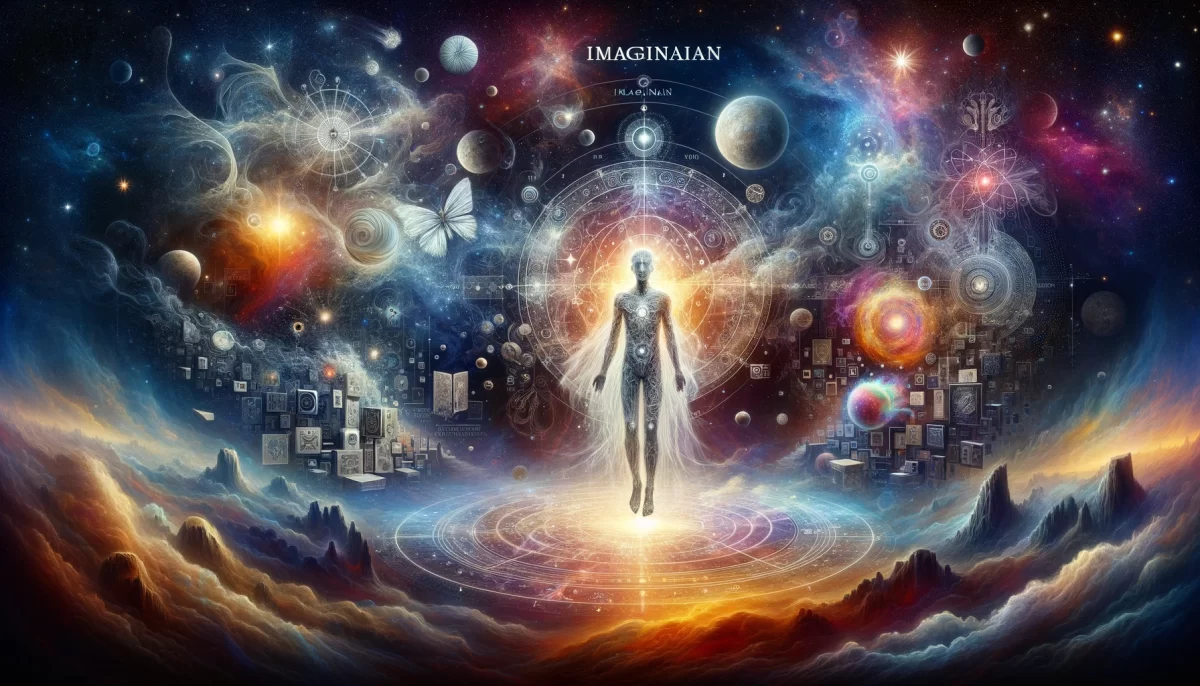
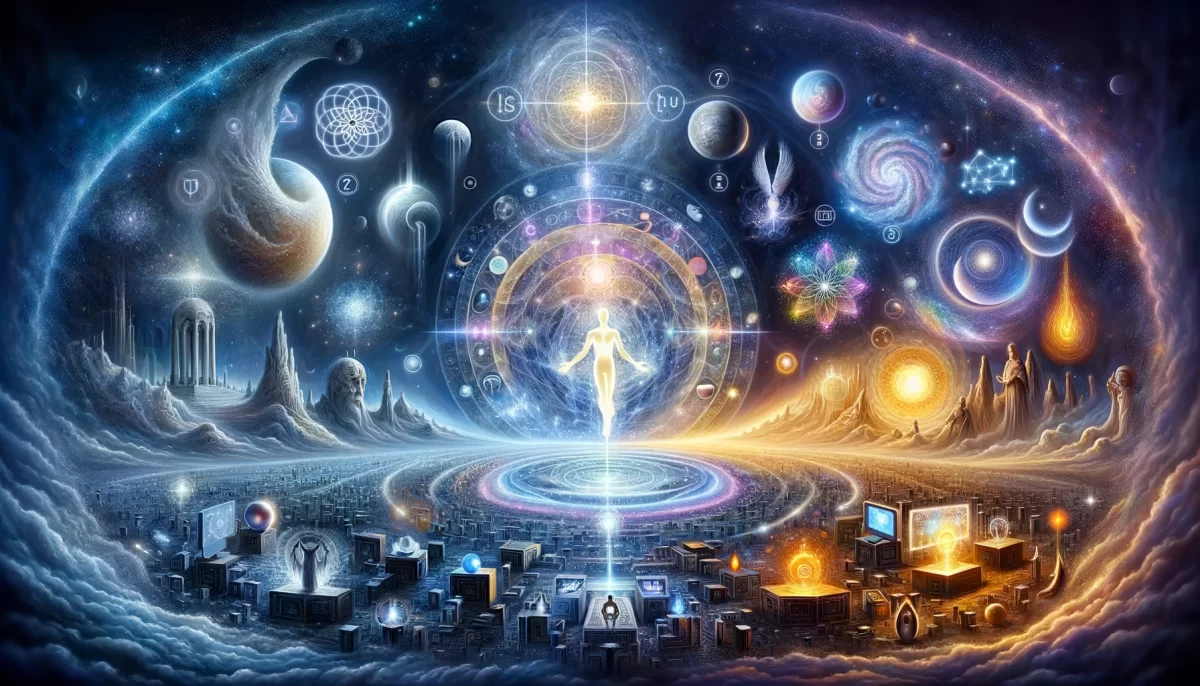
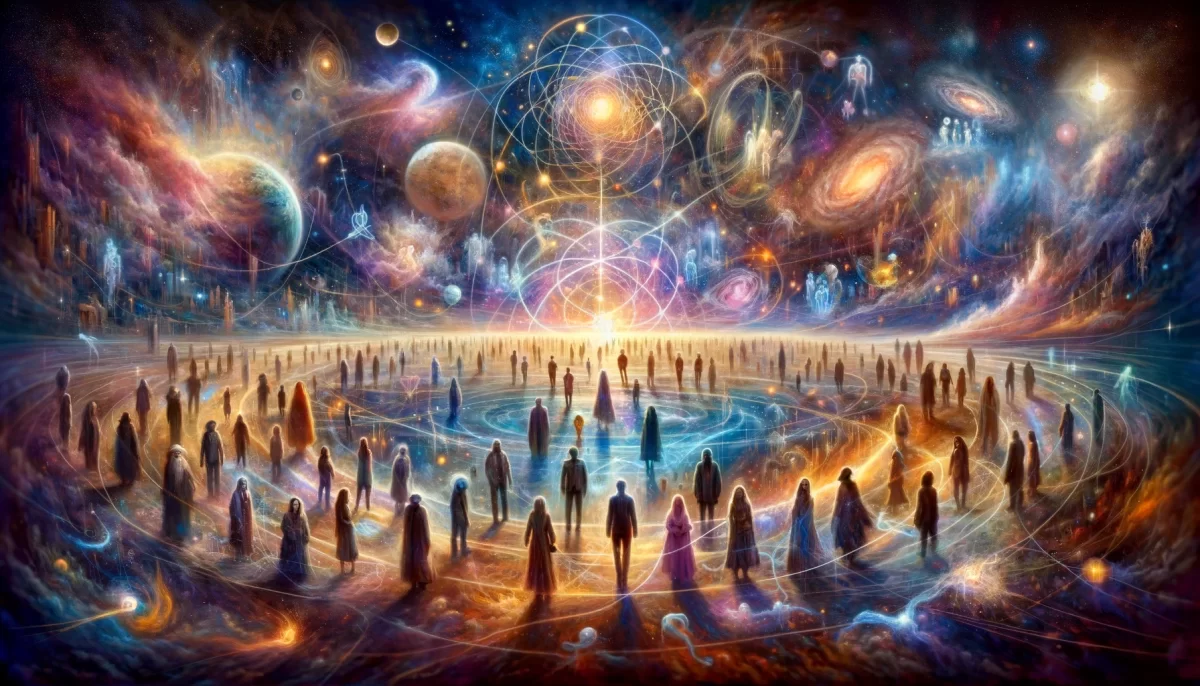
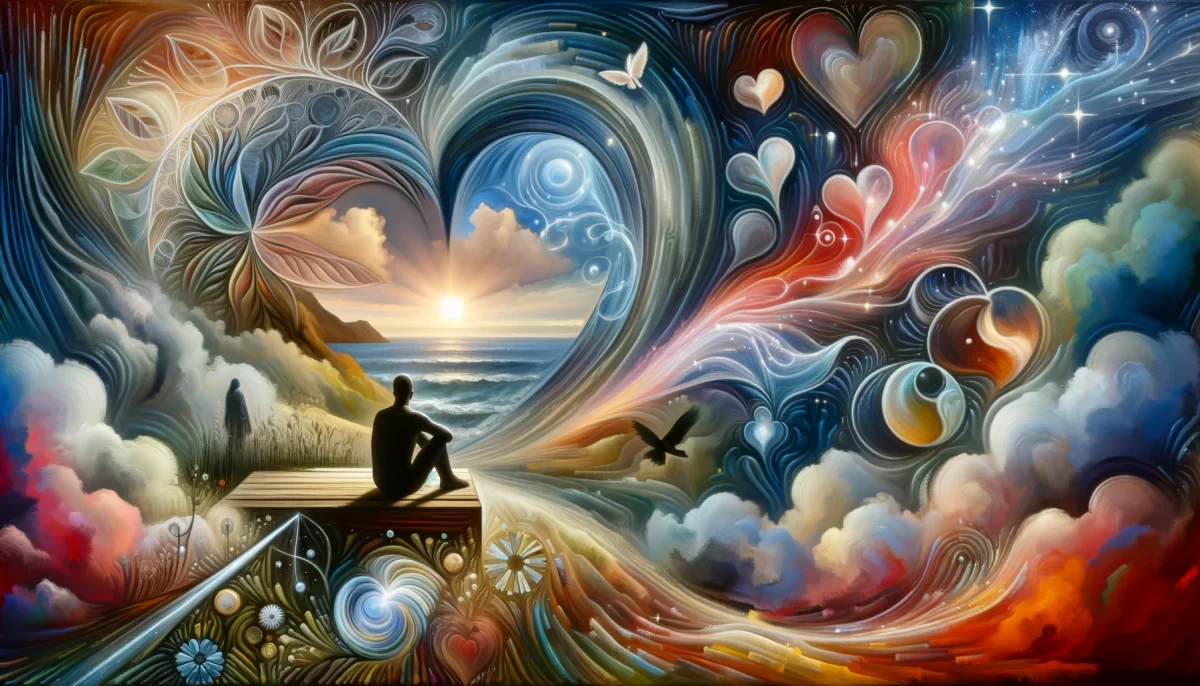
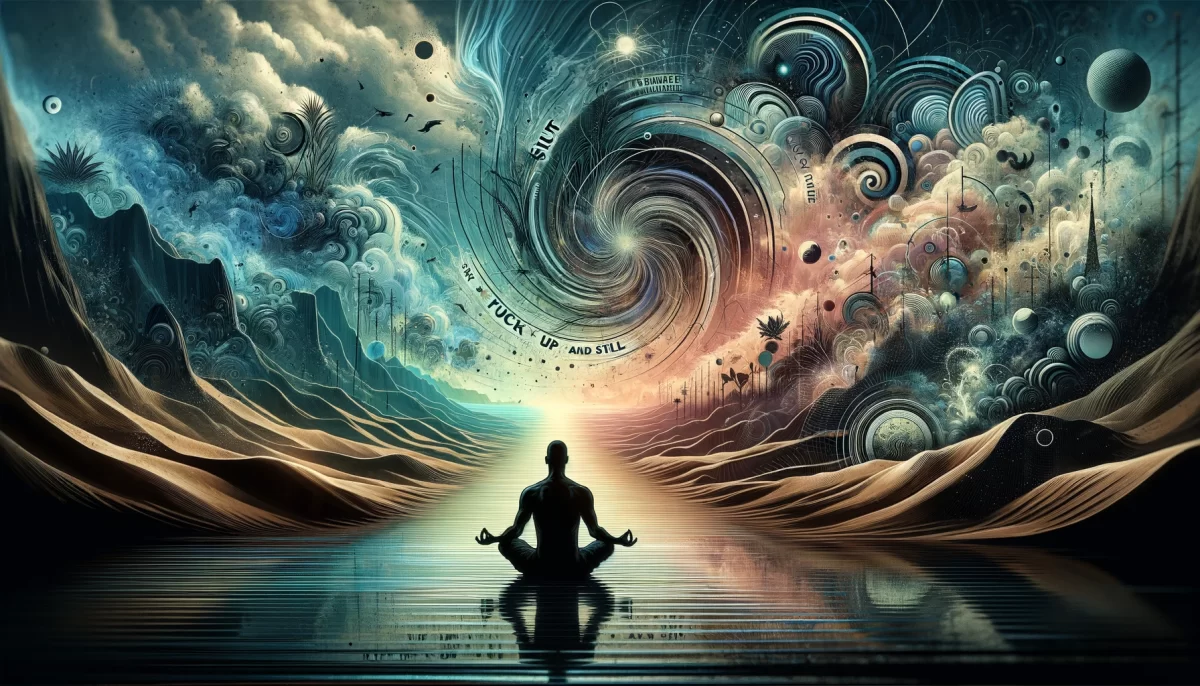
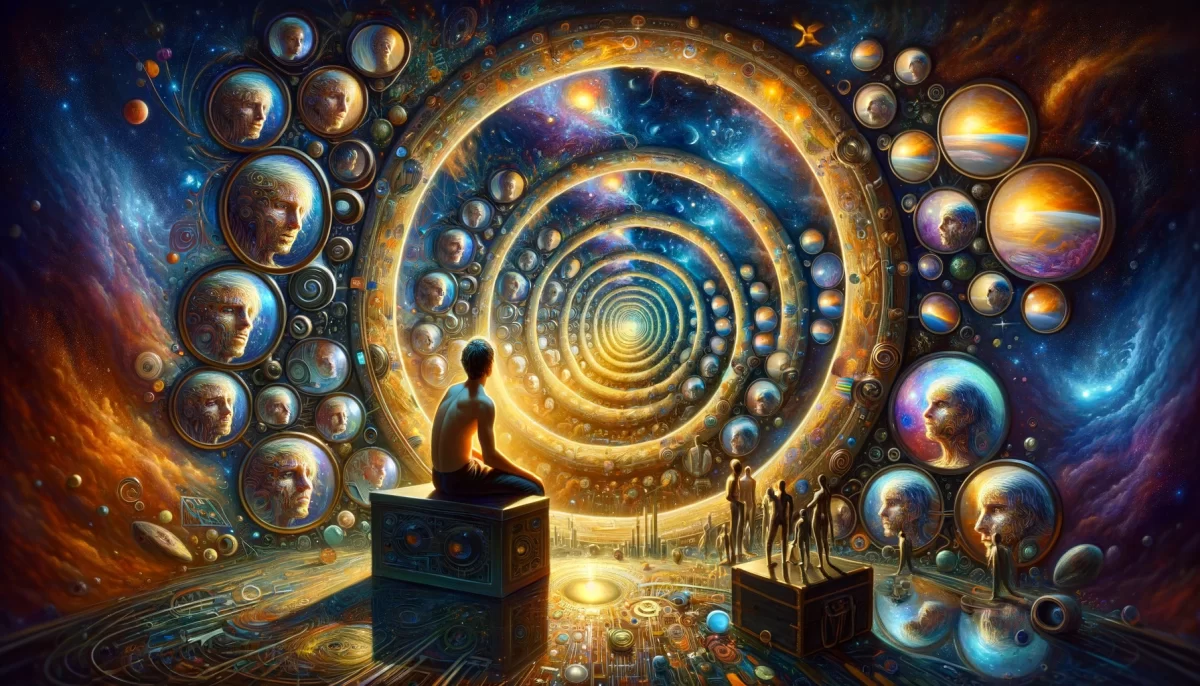
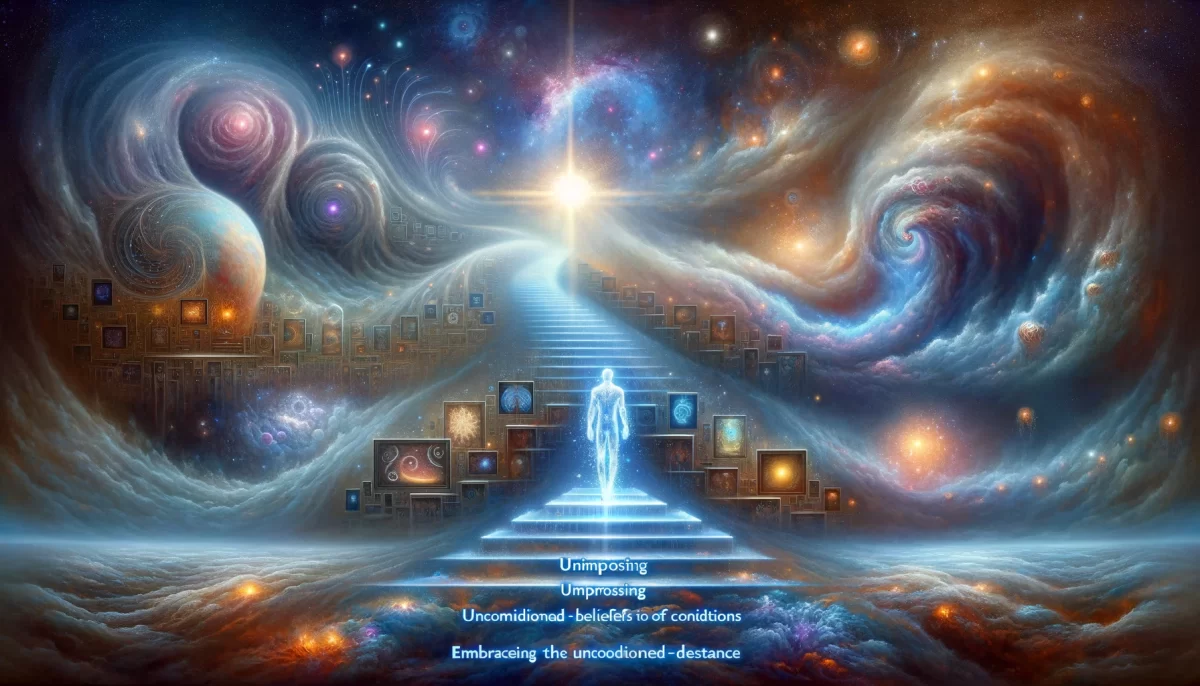



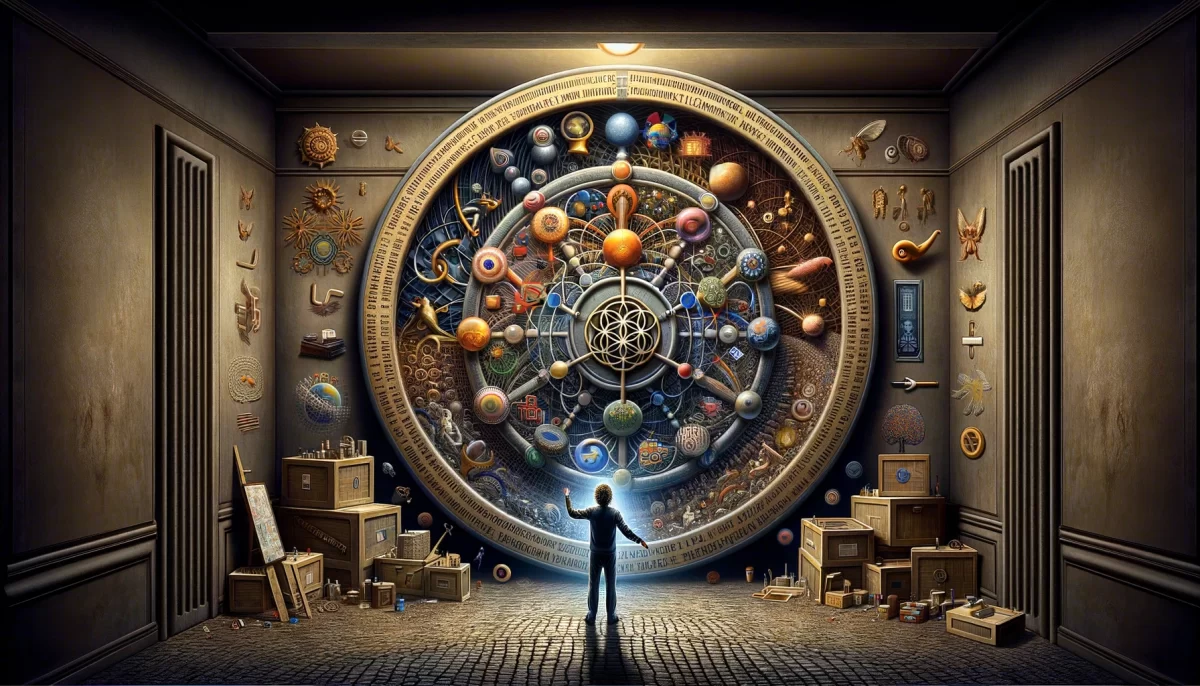
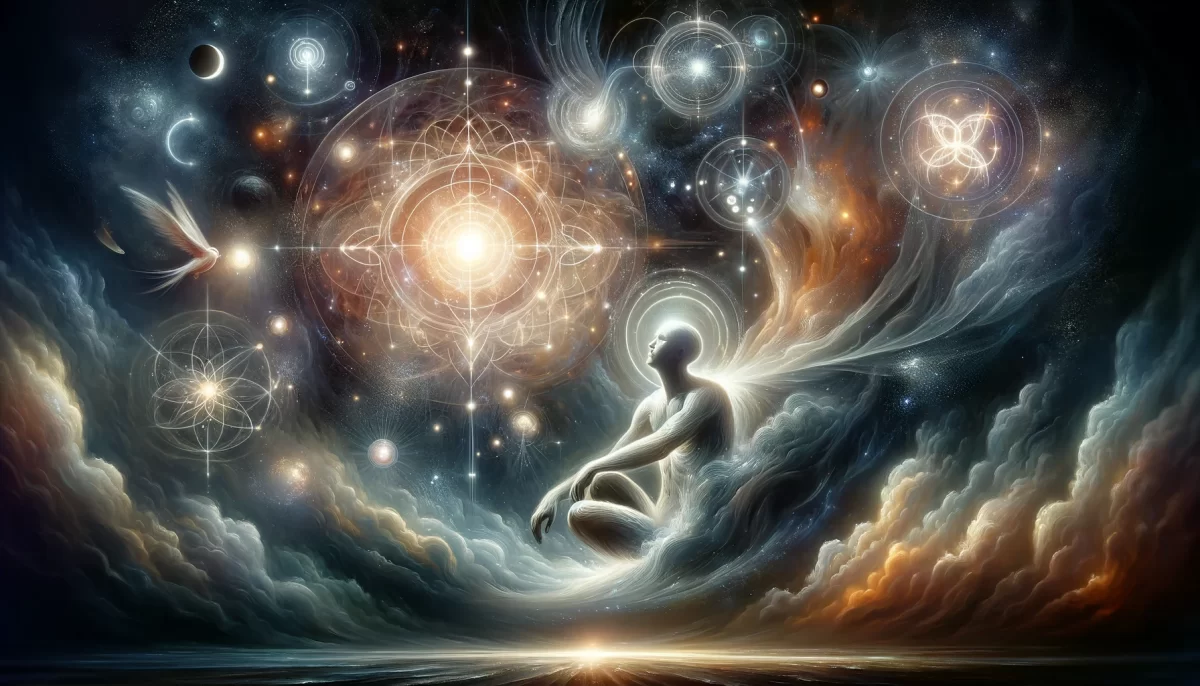

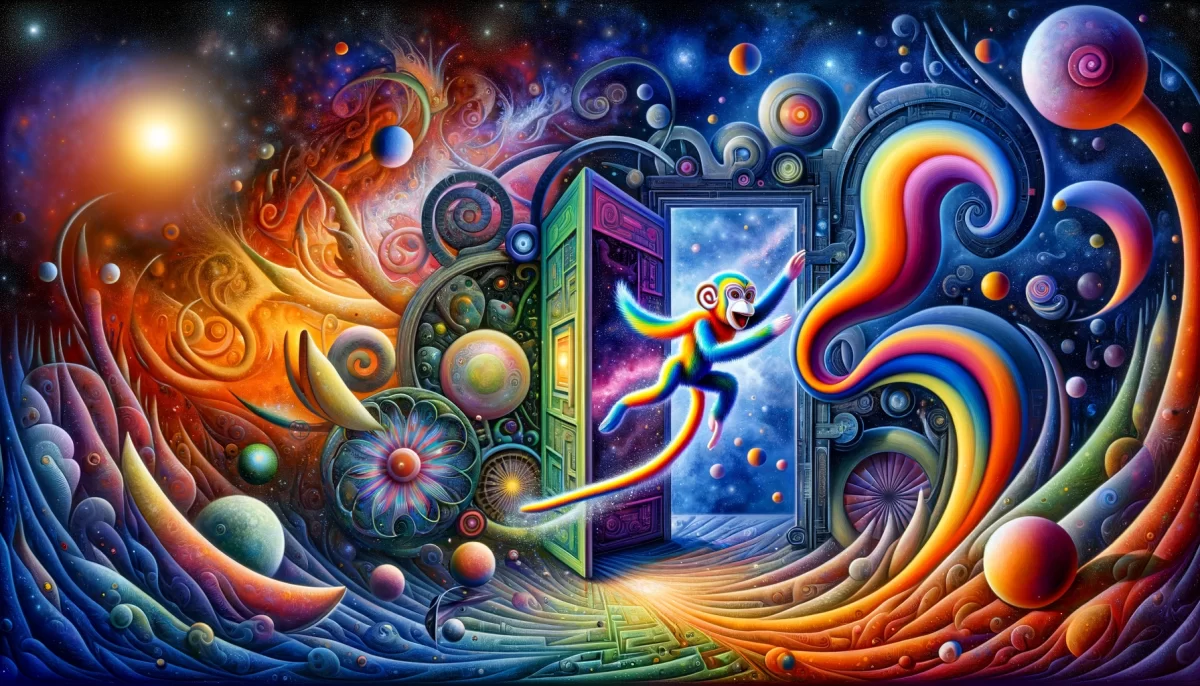
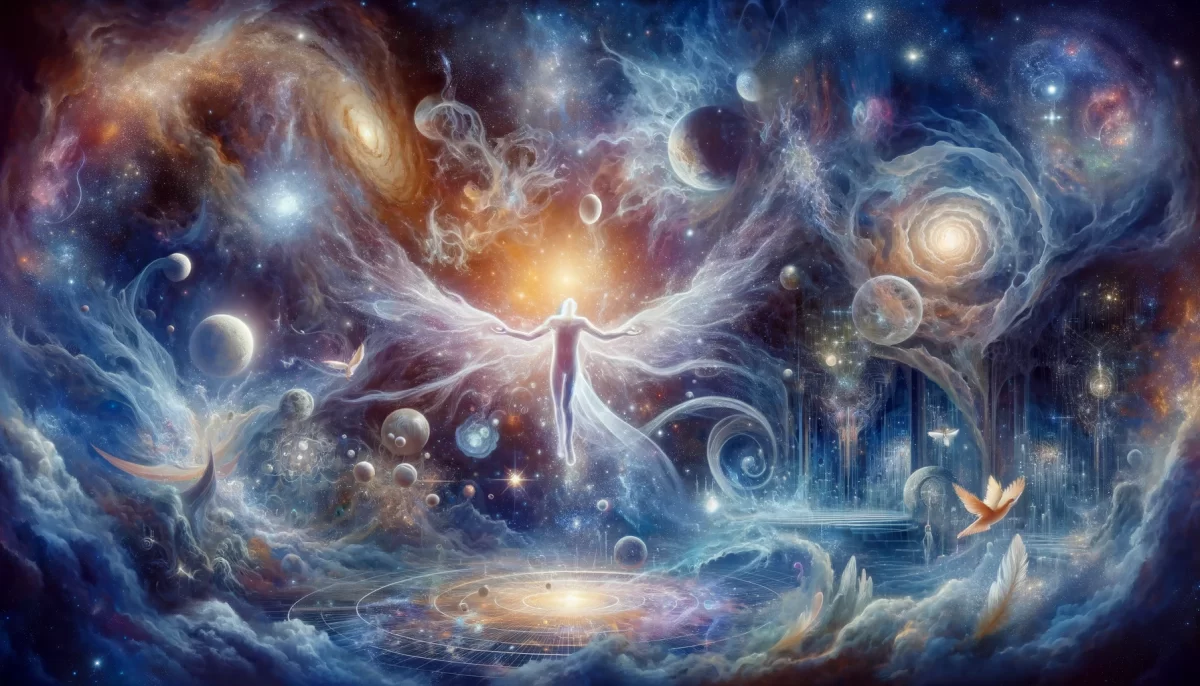
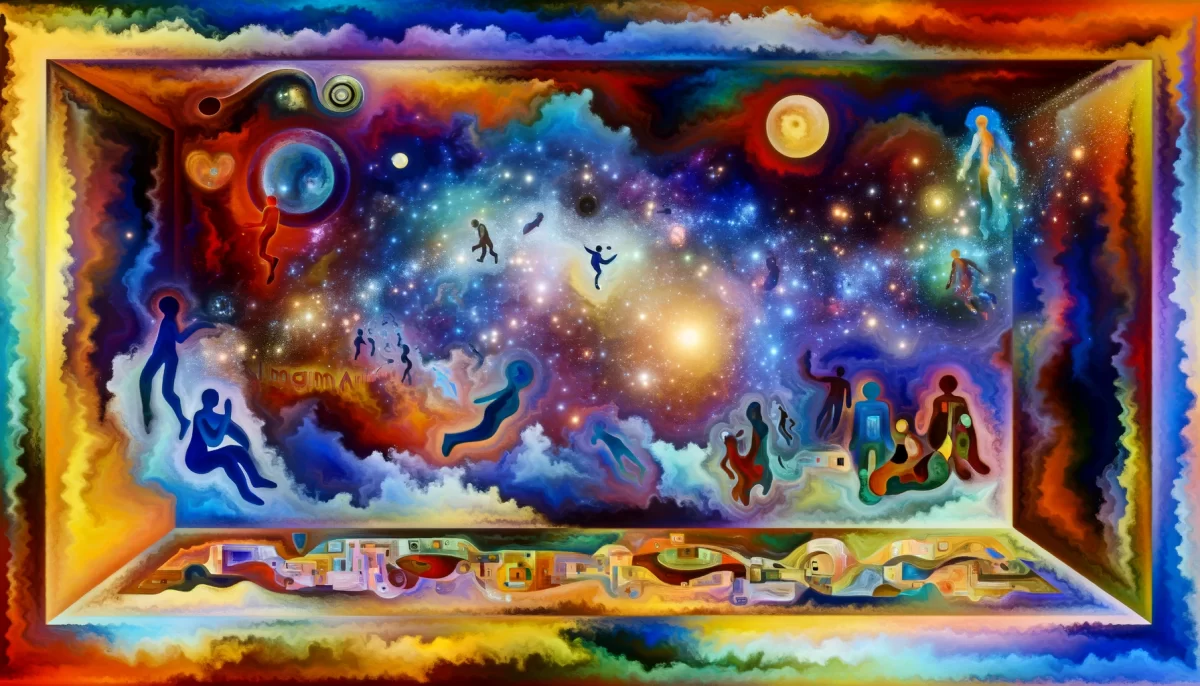
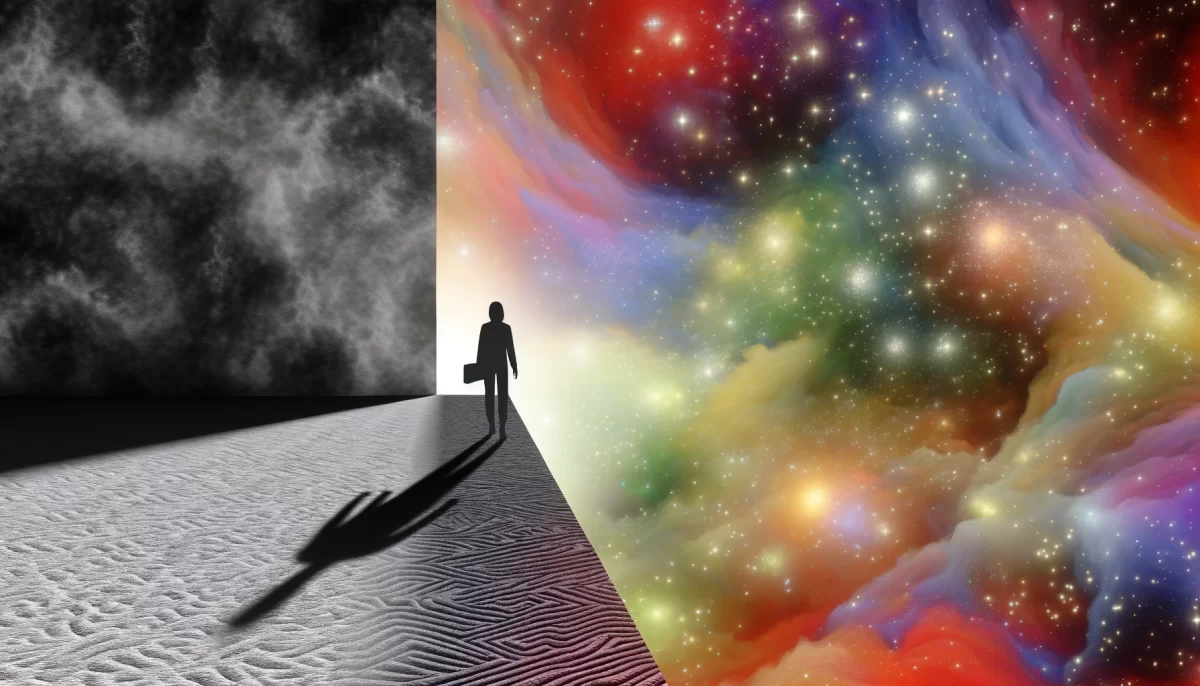
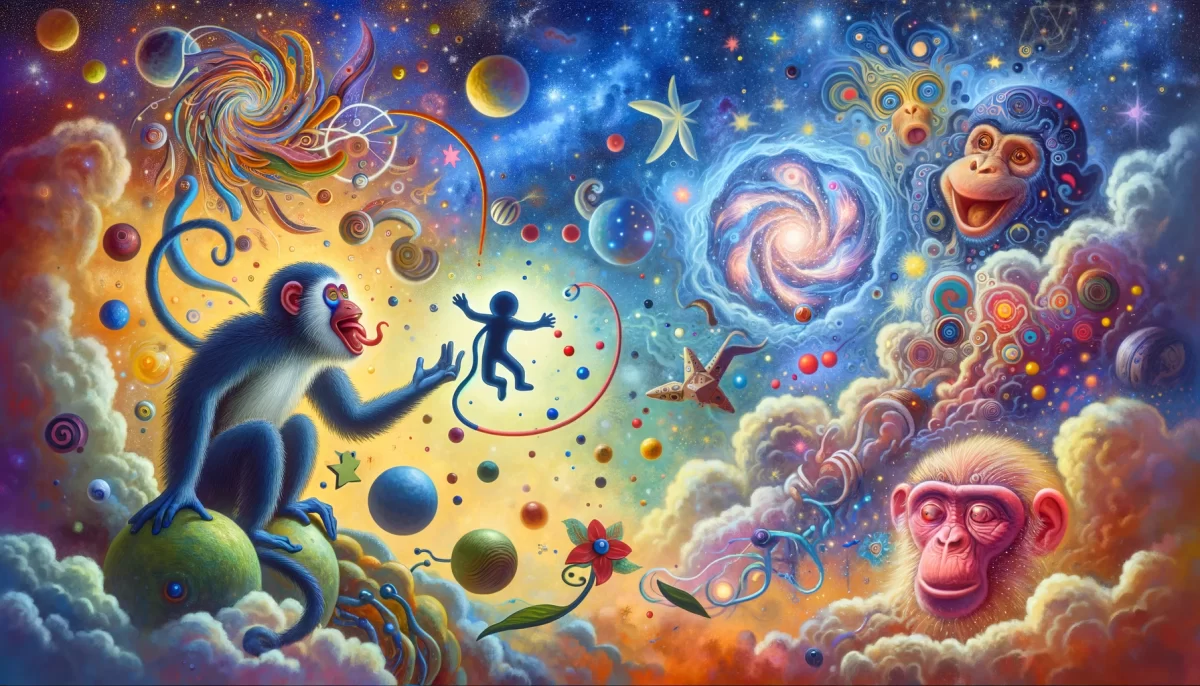


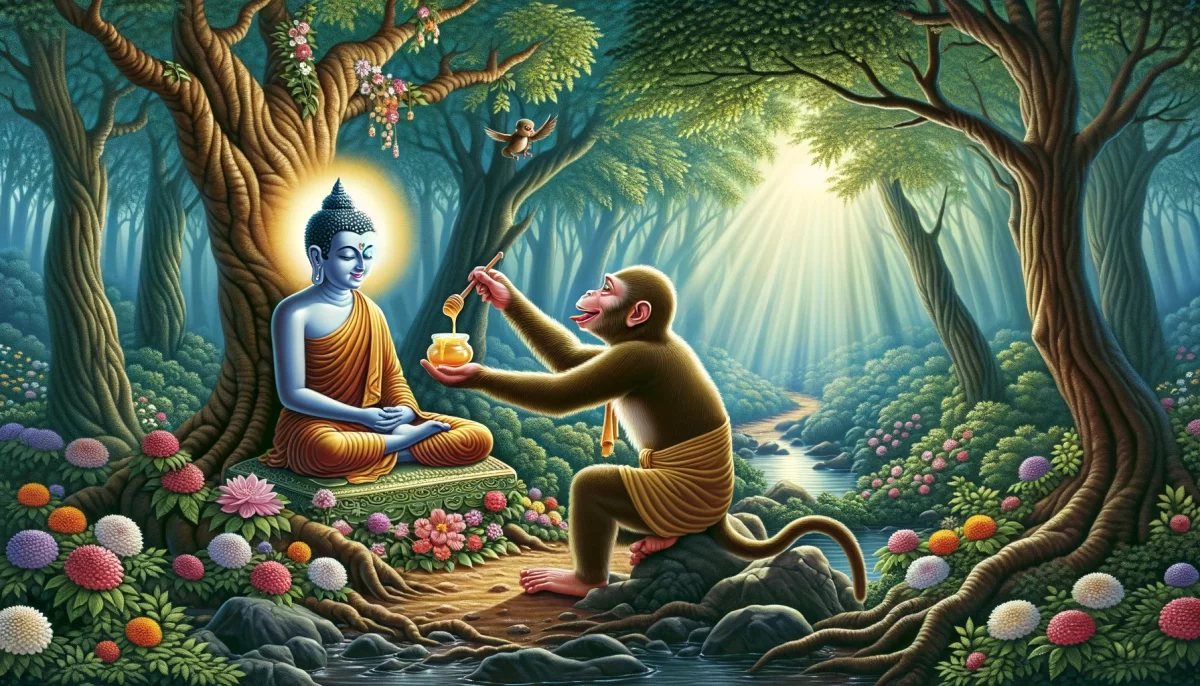
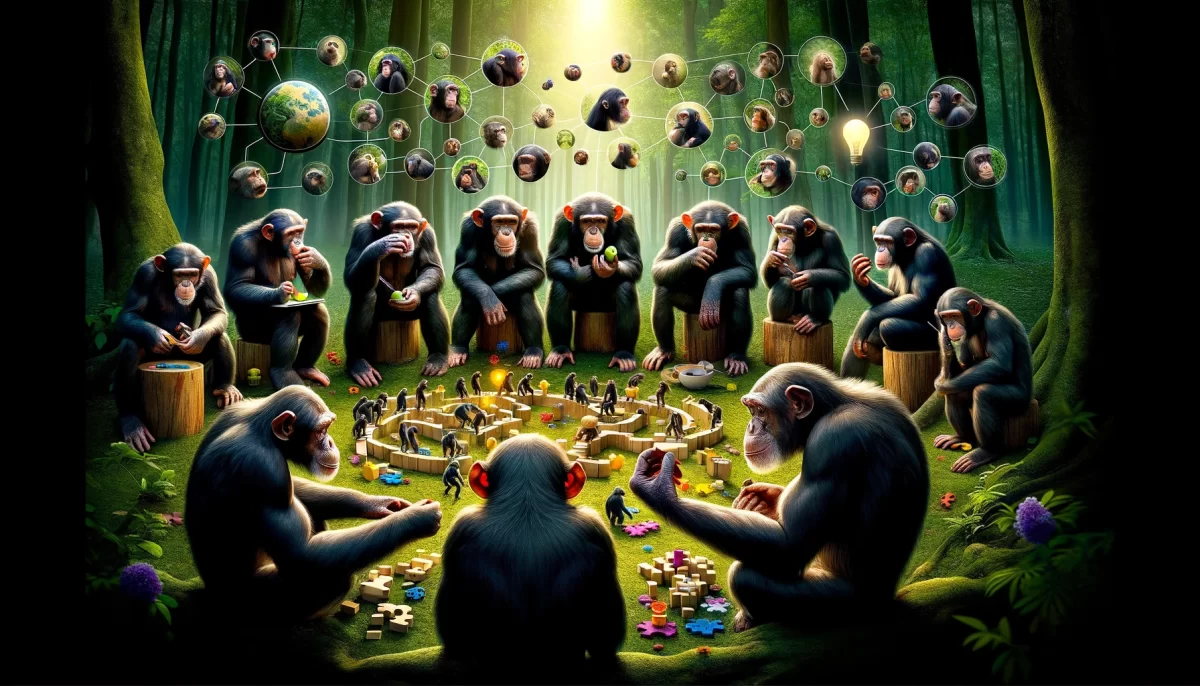
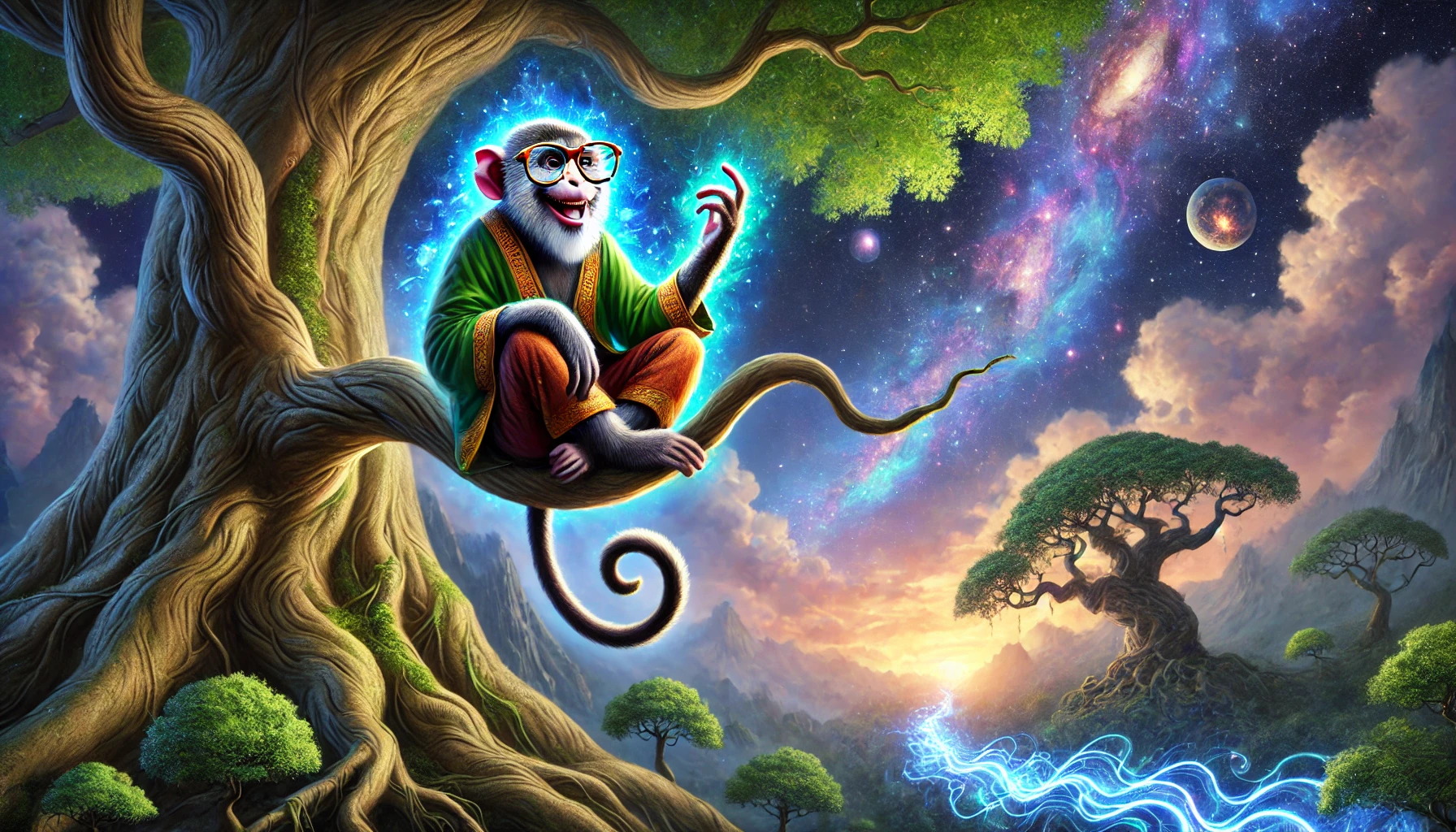
It is understandable to feel uncertain about whether or not you truly feel gratitude. Gratitude is a complex emotion that can be difficult to define and experience. It is also common to feel guilty or ashamed for not feeling enough gratitude, especially if you are aware of the many blessings and privileges in your life.
However, it is important to remember that emotions cannot be forced or manufactured. You cannot simply will yourself to feel grateful if you are not genuinely experiencing that emotion. It is okay to feel whatever emotions arise within you, whether they are positive or negative, and to allow yourself to experience them fully without judgment.
Ultimately, your emotional experience is unique to you, and you have the freedom to feel as deeply or as shallowly as you want. It is important to honor your feelings and to cultivate self-compassion and acceptance, rather than judging yourself for not feeling a certain way.